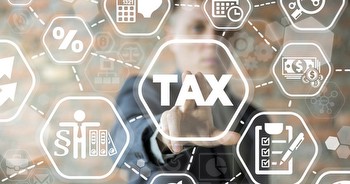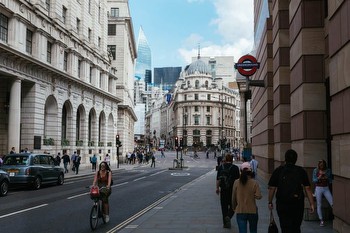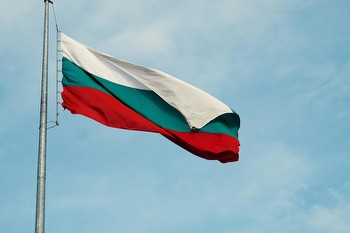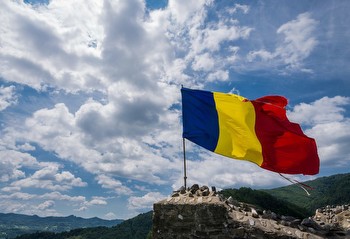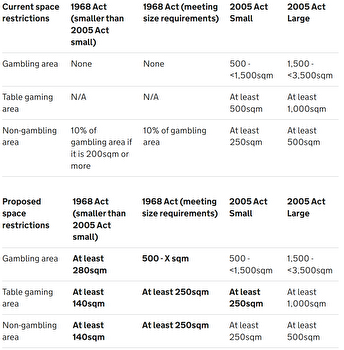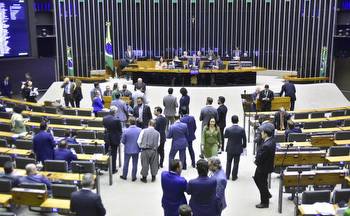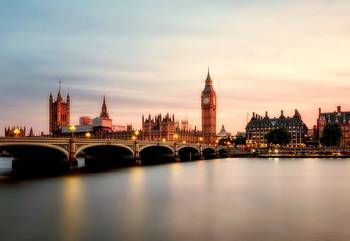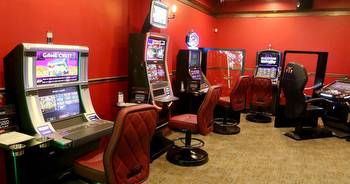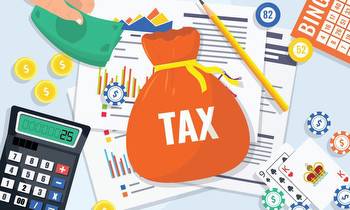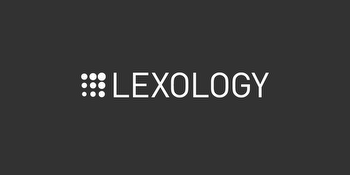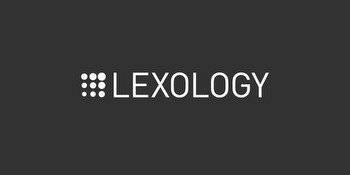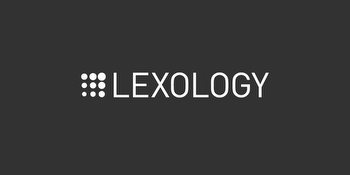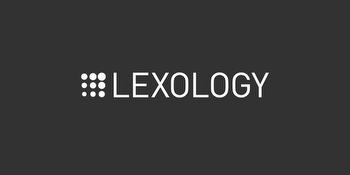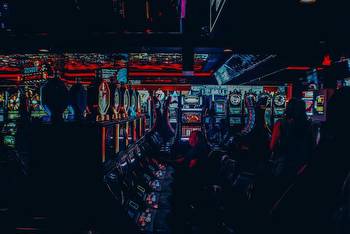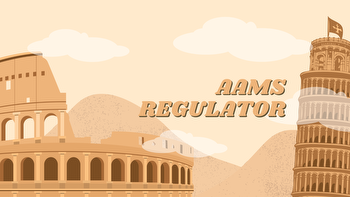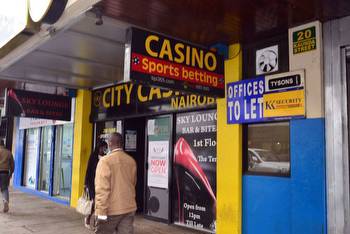Romania increases online gambling licence fee to €500,000
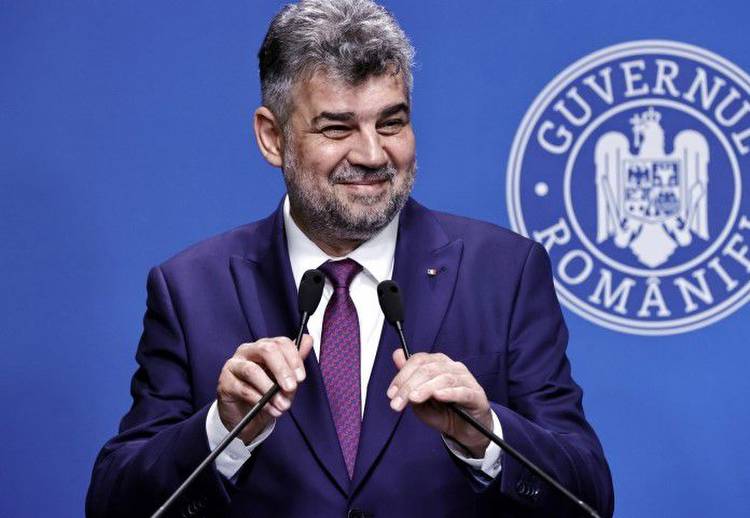
On Thursday, the Romanian government approved an emergency ordinance that makes a raft of wide-reaching reforms to its gambling laws.
These include increased licence costs, new advertising rules, a ban on alcohol in gaming venues and a requirement that gambling businesses have a fiscal headquarters in Romania.
The ministry of finance proposed the changes earlier in the week. The parliament of Romania must confirm them to become permanent.
Annual fees for gambling businesses will be:
- Online: €500,000
- Lottery: €200,000
- Video lottery terminals: €100 per machine
- Pari-mutuel: €50,000
- Fixed-odds: €200,000
- Casino: €4,000 per table
- Poker: €5,000 per club
- Bingo in gaming halls: €5,000
- Bingo organised via television: €500,000
The rules also apply a staged increase in annual slot machine fees. These begin at €100 per machine in 2023, rising to €300 in 2024 and €500 in 2025.
Licence fee guarantee
In addition to these licence costs, the government requires operators to hold minimum capital totals in the case it fails to pay its licensing costs.
The ordinance sets out these based on a company’s revenue. However, these guarantees rise to €1,000,000 in 2025, no matter an operator’s revenue total.
Under the new rules, 70% of gambling operator contributions will go to the state budget. The government will use the remaining 30% to cover the costs of responsible gambling initiatives.
Romania’s gambling ad restrictions
Under the new rules, operators must display their ONJN licence on promotional materials and are barred from sending unsolicited electronic messages. Operators must also not advertise on billboards larger than 35 square metres.
Observers expected the government to sign off on the emergency ordinance yesterday. On Tuesday, prime minister Marcel Ciolacu claimed to not be intimidated by threats from the gaming sector, accusing some politicians in the past of caving into industry lobbying.








